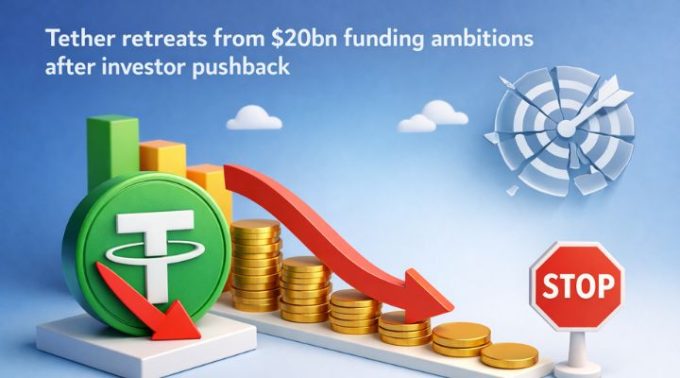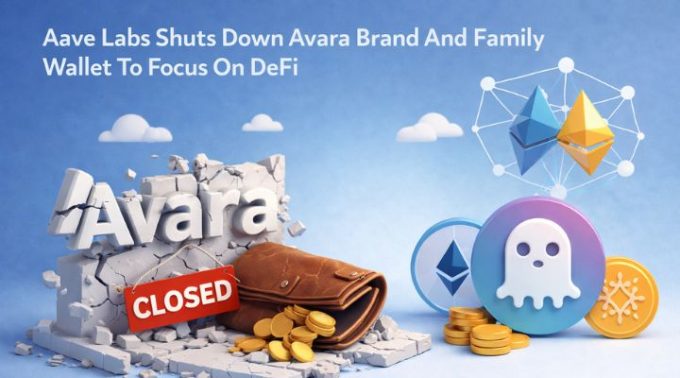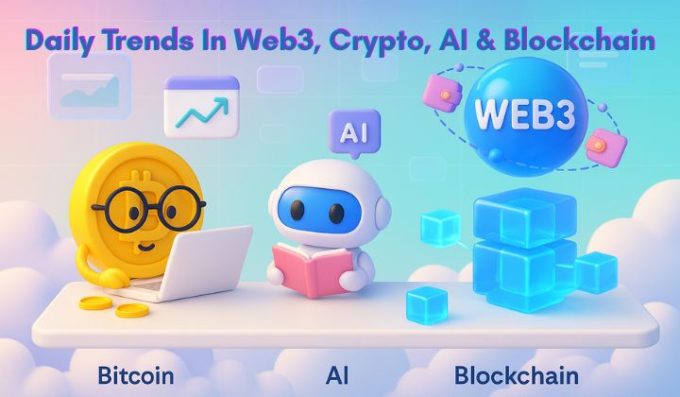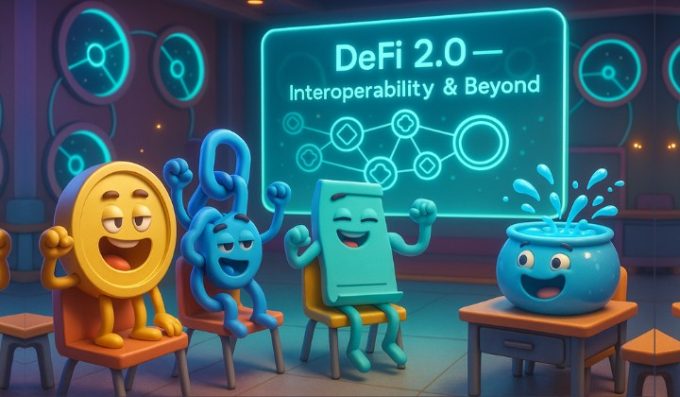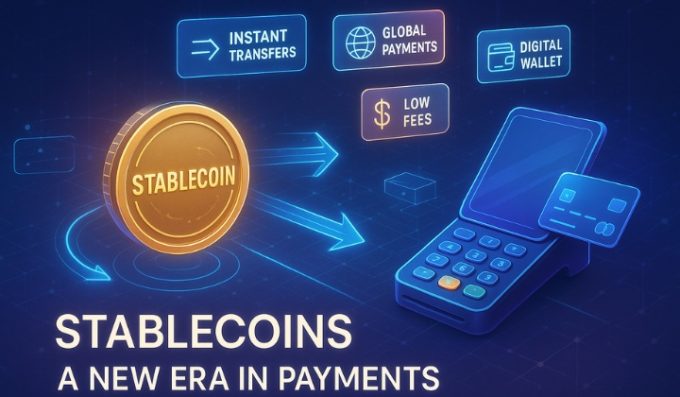NFT Royalties: The Lifeline Of Creators
The mechanism known as NFT (Non-fungible Token) royalties enables NFT developers to receive a royalty percentage on subsequent sales made across NFT marketplaces. Creators have control over their work and a steady stream of money, thanks to NFT royalties.
Why Are NFT Royalties Required?
Art and digital content are now a reliable source of income for creators thanks to NFT royalties. As programmatic payments are more common, this strategy may be advantageous to a number of authors.
- NFT royalties benefit the environment in several ways. Tracking subsequent purchases of artwork in the Web2 creative industries of music, art, and graphic design is difficult.
- NFT royalties have the potential to stop the risky wash trading practice. Enforcing royalties will guarantee that there is a cost associated with each transaction between the wash traders’ wallets. As a result, the expense of maintaining the high price rises quickly, making it difficult for the wash trader to continue.
- The author can post and sell their NFTs on an NFT marketplace without the marketplace immediately claiming a royalty on the sale because one may build an economy around creators.
- Any task that is minted as an NFT in Web3 can be tracked by subsequent purchases that are logged on the blockchain. Thus, the creator may programmatically monitor the flow of transactions and collect royalties along the way.
What is The Process Of Adding Royalties To NFTs?
The new smart contract capability that is used to track when and how much an NFT is sold powers royalties. The required proportion of the required royalty is then subtracted from the net sale price and allocated as normal to the holder of the royalty interest.
ERC-721, ERC-1155, and EIP-2891 are a few NFT standards that can support royalties and assist guarantee that they are honored across a variety of secondary markets. Other
NFT-capable blockchains, such as Flow, BNB Chain, Solana, and Tezos, have similar royalty capabilities.
In certain cases, royalty fees are charged on all secondary market transactions that take place after minting, however in other situations, this is only true for a specific time frame, such as for a set amount of time or a set number of transactions. Typically, royalties are stated at the time the collection is compiled. But in fewer instances, they are added in the future.
Why Do Some NFT Marketplaces Avoid Royalties?
Some markets view NFT royalties as a direct threat to their source of income. The seller ends up paying 7.5% if an NFT collection already has a flat 5% royalty fee and the marketplace charges a 2.5% sale fee, which might be seen as a barrier to trading.
Sudoswap avoids any smart contract-based royalty agreements in favor of a straightforward 0.5% fee for all exchanges. Others contend that NFT creators should be given a piece of the action should their collections be commercially successful and that, in the absence of on-chain royalties, NFT mints will inevitably become more expensive or other, less transparent monetization systems will gain popularity.
Pros Of NFT Royalty
- NFT royalties give authors a chance to continue profiting from their works even after they have been sold to a third party.
- NFT royalties help to guarantee that authors are fairly compensated for their works as their value increases. As a result, it allows them to enhance their income when the value of their work rises.
- Creators promptly receive payment for their work as royalties are immediately deducted from the sale price. This is because the deal is carried out directly through a smart contract, without the use of a middleman. As soon as the NFT is sold, royalty payment is initiated.
Cons Of NFT Royalty
- If buyers are aware that they will also be required to pay royalties each time the NFT is resold, they could be less likely to pay high prices for NFTs. In some NFT marketplaces, paying royalties is optional.
- The frequency of NFT sales, which in turn affects the creator’s royalties, might be affected by price volatility. The markets for NFTs are very erratic. As a result, prospective buyers would be hesitant to purchase the asset, which could result in a decline in sales volume and, eventually, a reduction in royalty income.
You need to login in order to Like



